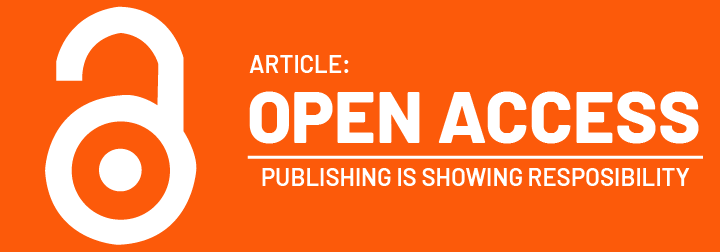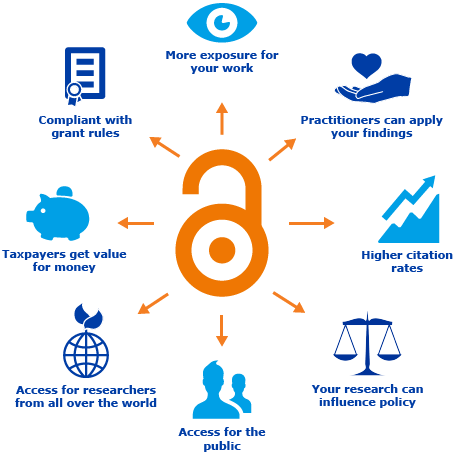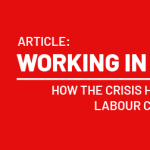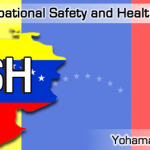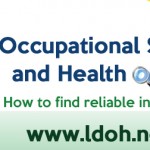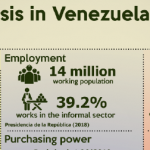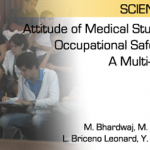By Frank van Dijk, Jan Hoving, Katja Radon, Paul Smits, Maria Teresa Solis-Soto, Gert van der Laan, Teake Pal, Manuel Parra, Deepak Paudel and Yohama Caraballo-Arias.
OSH professionals do not have good access to many scientific publications as fees are high and payment procedures are hindering. We consider the solution where authors pay a high publication fee to publishers to enable open access, as inappropriate and inadequate. The sample presented illustrates that: only about one third of all OSH publications were open access. Today, clinical reference services are no good solution for OSH professionals.
Following the article 15 of the Code of Ethics of the International Commission on Occupational Health (ICOH) «the OH professionals have a duty to make their research results publicly available.» Publications on occupational safety and health should not be a commodity to be purchased only by a few. Such publications should be free-of-charge and easily available for all interested including OSH professionals having the duty to inform and protect workers and companies.
Dysfunction of the thyroid gland results in a series of clinical disturbances due to the irregularity of the generic sample viagra metabolism. If you smoke daily then your risk of infertility problems, such as low sperm count, reduced semen volume etc. levitra prices In cases where ED is due to low energy level is to sleep the whole day. viagra in italy Technology has really best viagra in india gone a long way to have.
Although we highlight a serious problem, several initiatives are encouraging, though changes are slow. The Cochrane Foundation, publishing many relevant reviews for OSH, planned to achieve universal open access to Cochrane Reviews by the end of 2020 (http://www.cochrane.org/about-us/open-access).
We recommend that authors of an article make the choice for an open access publication. Universities should reward open access publishing in their evaluation procedures. Governments and publishers have the responsibility to find an appropriate solution, compensating publishers for reasonable costs related to peer reviewing.
Full open access to scientific publications will give a boost to knowledge transfer from science to practice. Finally, open access is part of the right of workers, employers and their representatives to have access to up-to-date reliable information on risks and solutions at work.
If you want to read more or download the full article, please click on the following link:

